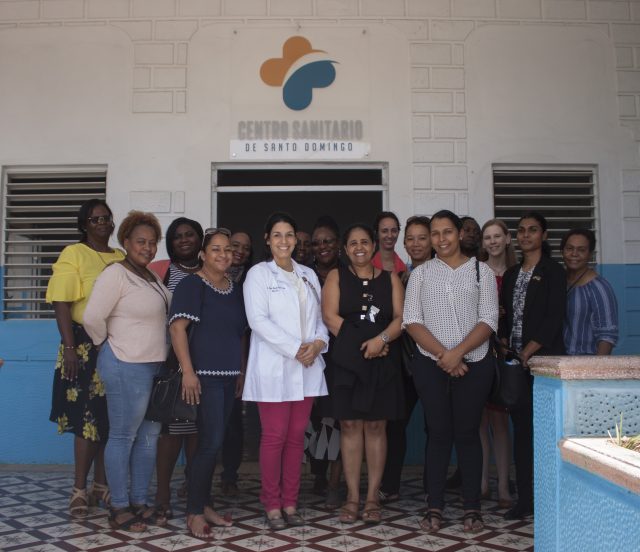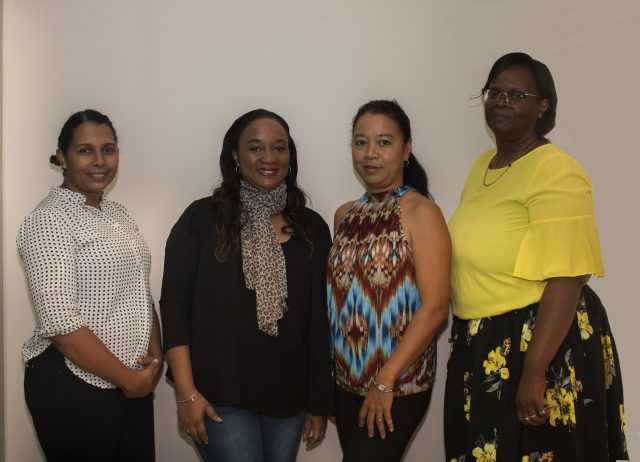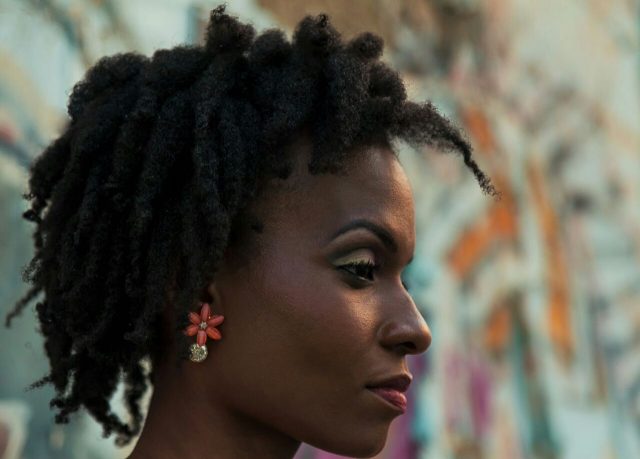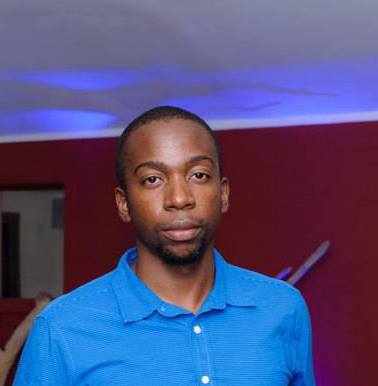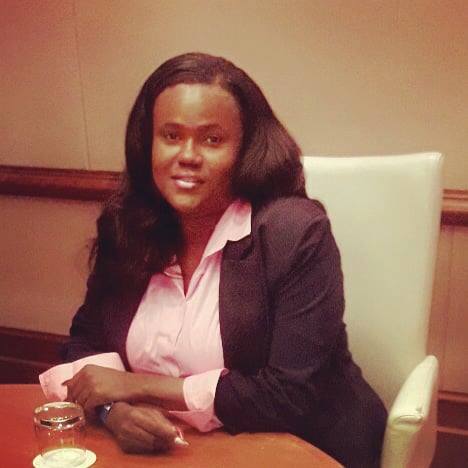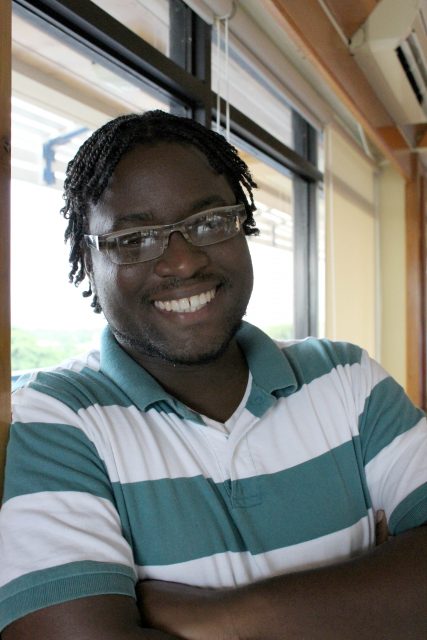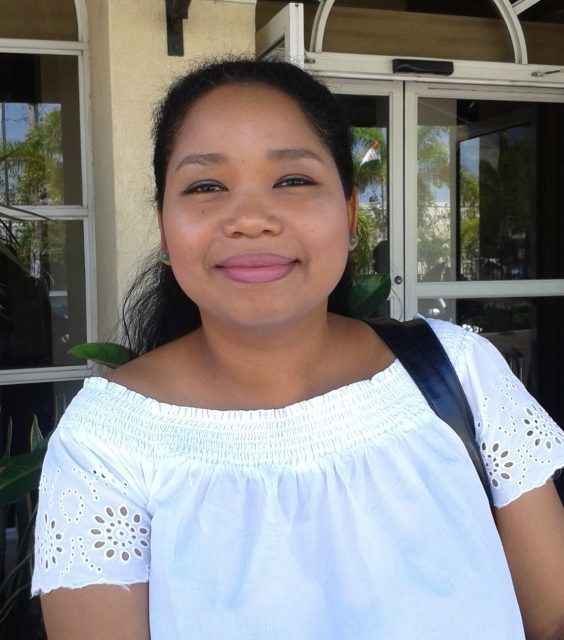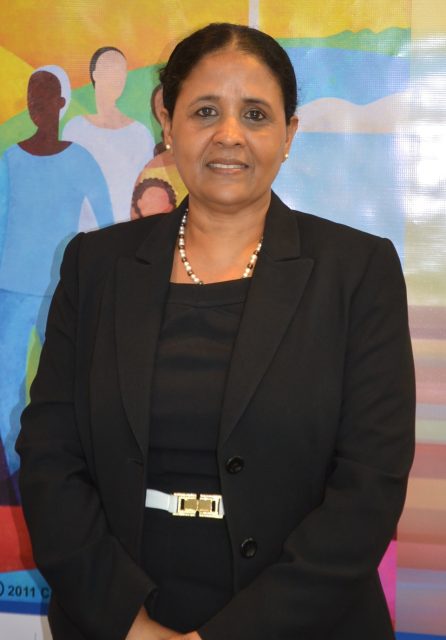Editor’s note:
This is the second blog by the Surinamese participants of the PANCAP – Integral Orientation and Research Center/ Centro de Orientación e Investigación Integral (COIN) knowledge exchange. To read about the knowledge exchange click here.
As part of the south-to-south learning exchange to the Dominican Republic, organized by the PANCAP Knowledge for Health project, we visited TRANSSA, Trans Siempre Amigas (Trans Always Friends), a community-based organization focusing on improving the quality of life of transgender people by offering a variety of services.
TRANSSA focuses on improving the quality of life of transgender persons through psycho-social support, and education on HIV transmission, treatment, care and human rights.
By utilizing a combination of awareness, education and empowerment, TRANSSA builds resilience against stigma and discrimination among transgender people in the Dominican Republic. TRANSSA also achieves this through its close working relationship with the Integral Orientation and Research Center/ Centro de Orientación e Investigación Integral (COIN), which was the primary focus of the south-to-south learning exchange.
The knowledge building facilitates change, which is evident in testimonies given by beneficiaries at the organization’s “safe space.” The organization has helped transgender people to withstand rejection within their immediate family and community by creating a better understanding of who a transgender person is and how gender identity differs from homosexuality. Furthermore, being informed enabled them to educate others within their inner-circle about who they are and the consequences of discrimination on their wellbeing.
Being aware of human rights and the laws of the country facilitates effective communication by transgender persons when faced with abusers. TRANSSA also creates a “safe space” where victims of abuse and violence are guided and provided with care and support. If necessary, they are referred to a hospital for treatment.
Building the self-esteem of transgender people is perceived by their community and HIV stakeholders to be of primary importance for their empowerment. It also provides encouragement to transgender people to work to freely express themselves and to achieve respect and equity for the Trans population. As one of the Trans women stated, “Change may not come easy but it is certainly not impossible. As I start to change because of the knowledge I gain at TRANSSA, I receive positive reactions from my surroundings.”
Achieving acceptance, support, and care for transgender people is difficult, but not impossible. Community-based organizations focusing on the Trans community play a major role. Not only as a “safe space” where Trans persons can come, but also through empowerment in accepting themselves, building self-esteem, dispelling myths and misconceptions and to assist them with navigating the healthcare and legal system.C
Click here to read the first blog in this series.

